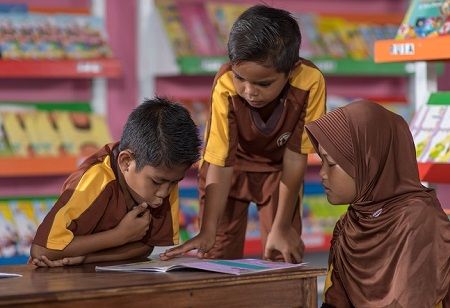SpaceX’s low Earth orbit satellite service, Starlink, has officially launched in Indonesia, aiming to enhance healthcare and education services in remote areas through a new agreement. The launch ceremony, held at a community health clinic in Denpasar, Bali, featured SpaceX CEO Elon Musk alongside various Indonesian government ministers.
During the ceremony, Musk signed an agreement with the Indonesian government to leverage Starlink’s capabilities to improve connectivity in the healthcare and education sectors. While specific details of the agreement were not disclosed, Musk highlighted the potential for Starlink to be a "lifesaver" for remote medical clinics and a valuable asset for educational services. He also demonstrated a speed test of Starlink’s service with health workers in isolated regions.
Health Minister Budi Gunadi Sadikin, who attended the event, noted that approximately 2,700 out of over 10,000 clinics in Indonesia lack internet access. He emphasized that internet connectivity could significantly enhance health services by facilitating real-time communication and reporting between regions. This development is seen as crucial for improving the efficiency and effectiveness of health service facilities.
The anticipation for Starlink’s entry into Indonesia has been high, given its potential to quickly connect underserved and unserved remote communities across the archipelago. Starlink applied for the necessary licenses to operate in Indonesia in April 2024 and received official approval earlier this month. Additionally, Starlink signed a Memorandum of Understanding (MoU) with the Indonesian Internet Service Providers Association (APJII) to provide internet access to underdeveloped, frontier, and outermost regions of the country.
This launch marks a significant step in bridging the digital divide in Indonesia, particularly in enhancing vital services like healthcare and education in remote areas, thereby improving the overall quality of life for its inhabitants.

